These are the supplements you should take for flu season
Studies have shown that increasing your intake of certain vitamins can support the immune system
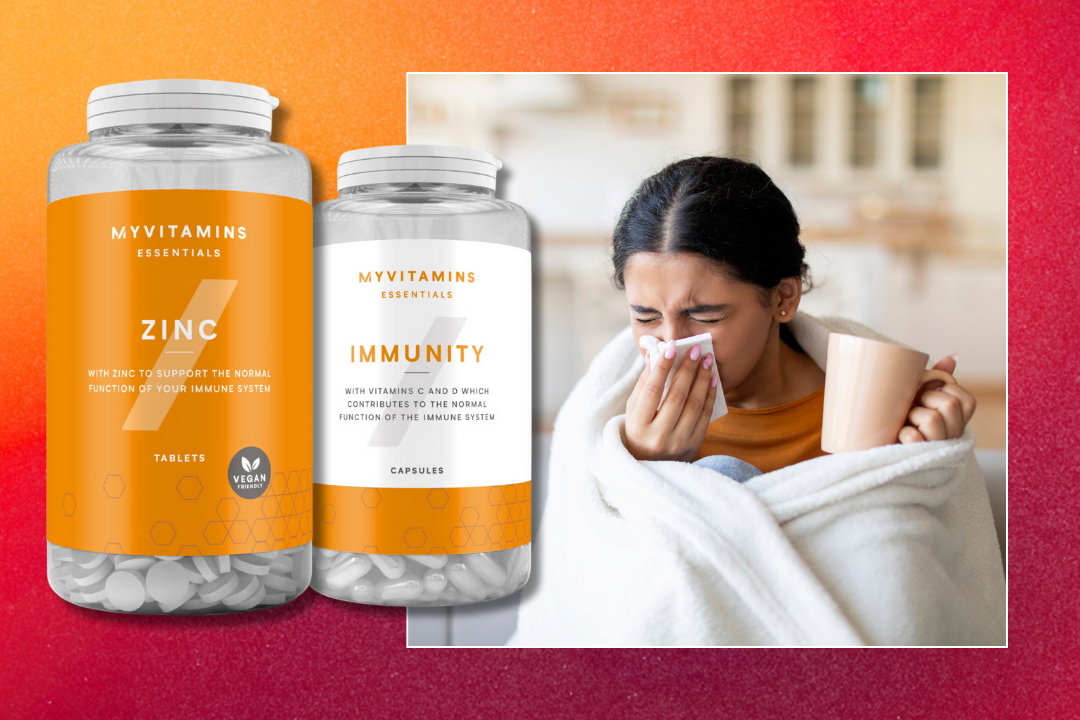

Your support helps us to tell the story
From reproductive rights to climate change to Big Tech, The Independent is on the ground when the story is developing. Whether it's investigating the financials of Elon Musk's pro-Trump PAC or producing our latest documentary, 'The A Word', which shines a light on the American women fighting for reproductive rights, we know how important it is to parse out the facts from the messaging.
At such a critical moment in US history, we need reporters on the ground. Your donation allows us to keep sending journalists to speak to both sides of the story.
The Independent is trusted by Americans across the entire political spectrum. And unlike many other quality news outlets, we choose not to lock Americans out of our reporting and analysis with paywalls. We believe quality journalism should be available to everyone, paid for by those who can afford it.
Your support makes all the difference.As temperatures drop and the nights draw in our immune systems can take a hit. This might leave you wondering about the best winter supplements to take and whether taking a capsule every day will even make a difference.
The start of autumn is often associated with the beginning of cold and flu season, which also makes it the perfect time to think about ways we can protect ourselves from falling victim to bugs and viruses.
While there are plenty of health and wellness products, foods and supplements that claim to boost the functionality of the immune system, it can be hard to work out which ones are best suited to our needs. Should you take a multivitamin to stave off a cold? Or is it worth taking a supplement specifically formulated for immune health?
To cut through the noise it’s useful to take a look at studies that have shown which vitamins and nutrients our immune systems need to function at their best. Often we can meet our bodies needs through a balanced diet of nutrient-rich foods and drinks, however, certain deficiencies might mean that supplementing can top up what your body needs to fight off a cold.
The body is complex and needs all kinds of vitamins, minerals and nutrients to work optimally. Certain vitamins can help support cellular regeneration, gut health and reduce inflammation and this all helps with keeping colds and coughs at bay during the winter months. Experts like Professor Tim Spector say that you can’t actually boost your immune system and this is a myth, but what you can do is ensure that your body is firing on all cylinders and able to naturally fight off bugs and infections.
Read on to find out which vitamins and nutrients might be worth supplementing, and which ones can help you to stay healthy during flu season.
Vitamin A for immune health
Vitamin A works twofold to support immune health. First, it supports the growth and development of immune cells, including T cells and B cells. A 2011 study found that vitamin A is essential for the development of Th2 cells and regulatory T cells, which helps control immune responses and maintain tolerance.
Vitamin A also helps maintain and protect mucosal barriers, such as the skin, respiratory tract, and gastrointestinal lining. These barriers are the first line of defence and prevent pathogen entry, so your body needs them to be healthy.
Research published in the British Journal of Nutrition found that vitamin A supports the immune system by maintaining healthy epithelial barriers and controlling inflammatory responses. Generally it’s easy to get enough Vitamin A into your diet because it’s found in foods like eggs, dairy and fish. The body also makes Vitamin A from beta-carotene – which comes from a variety of fruits and vegetables.
However, if your diet is lacking in these foods, supplementing Vitamin A – especially during peak cold and flu seasons –might be the way to go.
The Vitamin A supplement to buy
Myvitamins vitamin A softgels, 90 servings: £3.43 , Myprotein.com
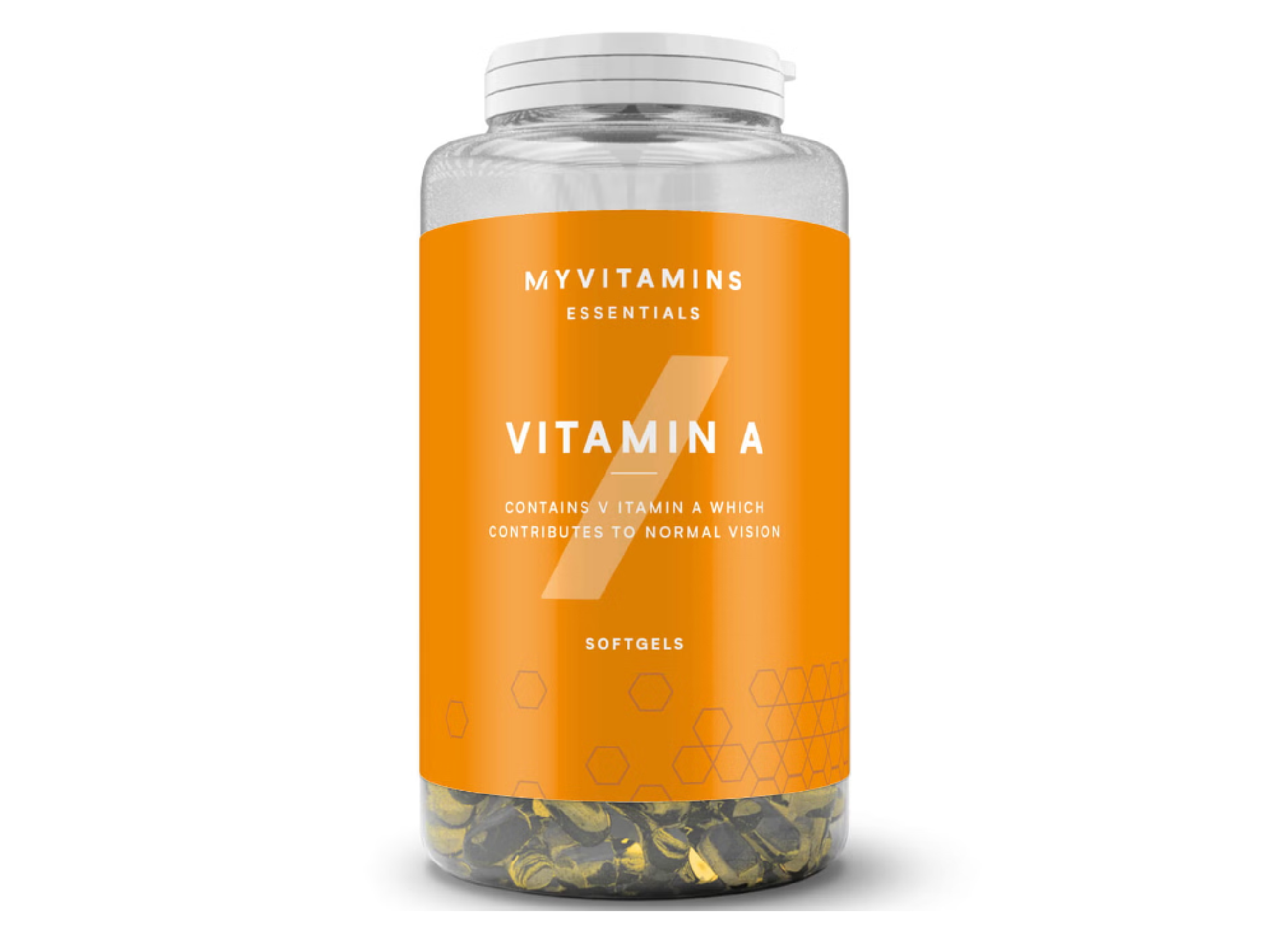
Myvitamins offer Vitamin A in an easy-to-swallow gel form, designed for better absorption and faster delivery of nutrients. Each softgel provides 2400mg of vitamin A, which is 300 per cent of the daily amount. With 90 servings for less than £3.50, this jar is excellent value and an affordable tool during flu season to help support vision, skin health, and immune defense.
Vitamin C for immune health
Vitamin C is an immunity hero and it’s vital for the function of several immune cells, such as neutrophils, lymphocytes, and phagocytes. It helps these cells migrate to infection sites, kill pathogens, and clear dead cells.
One of the most well-known effects of vitamin C is its impact on the common cold. Regular vitamin C supplementation (above 200 mg per day) has been shown to reduce the duration and severity of cold symptoms. A review of 29 trials involving over 11,000 participants found that vitamin C supplementation reduced the duration of colds by 8 per cent in adults and 14 per cent in children.
The body does not produce or store vitamin C, so you need to consume it every day from your diet or supplements. This can sometimes be tricky if you’re not a fan of fruits and vegetables because Vitamin C is mainly found in foods like citrus fruits and leafy greens.
The vitamin C supplements to buy
Myvitamins vitamin C capsules, 60 capsules: £5.22, Myprotein.com
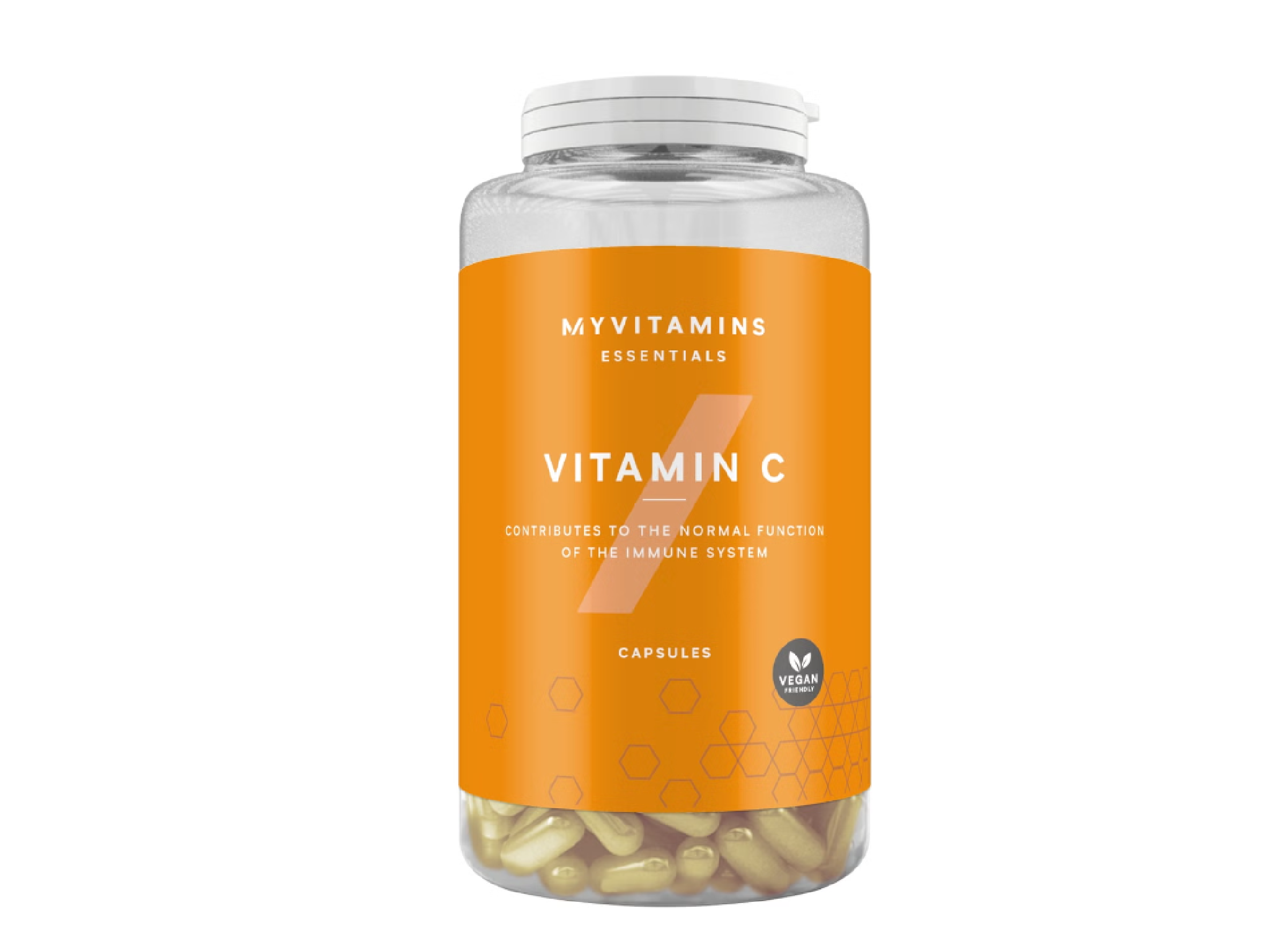
Myvitamins sources premium, bioavailable forms of Vitamin C, ensuring better absorption compared to some other supplements. The capsules are small in size and easy to digest. The coating is also designed to protect the content inside each capsule from stomach acid so that the Vitamin C can be absorbed by the gut. Each serving has a massive 1000mg of vitamin C, to help boost immune function, reduce fatigue, and protect cells from oxidative stress.
Vitamin D for immune health
Studies have shown that Vitamin D enhances the antimicrobial activity of innate immune cells by promoting the production of antimicrobial peptides. These peptides help in destroying pathogens such as bacteria, viruses and fungi.
It’s not always easy to get your daily fix of Vitamin D as it mainly comes from sun exposure, and isn’t present in many foods, so supplementing is a way to guarantee that your vitamin D levels are topped up, especially in winter.
In fact, experts have suggested that the whole of the UK is likely deficient in Vitamin D, so it’s a recommended year-round supplement, and especially important during months where very little sun exposure is expected.
The Vitamin D supplement to buy
Myprotein vitamin D gummies, 60 servings: £7.91, Myprotein.com
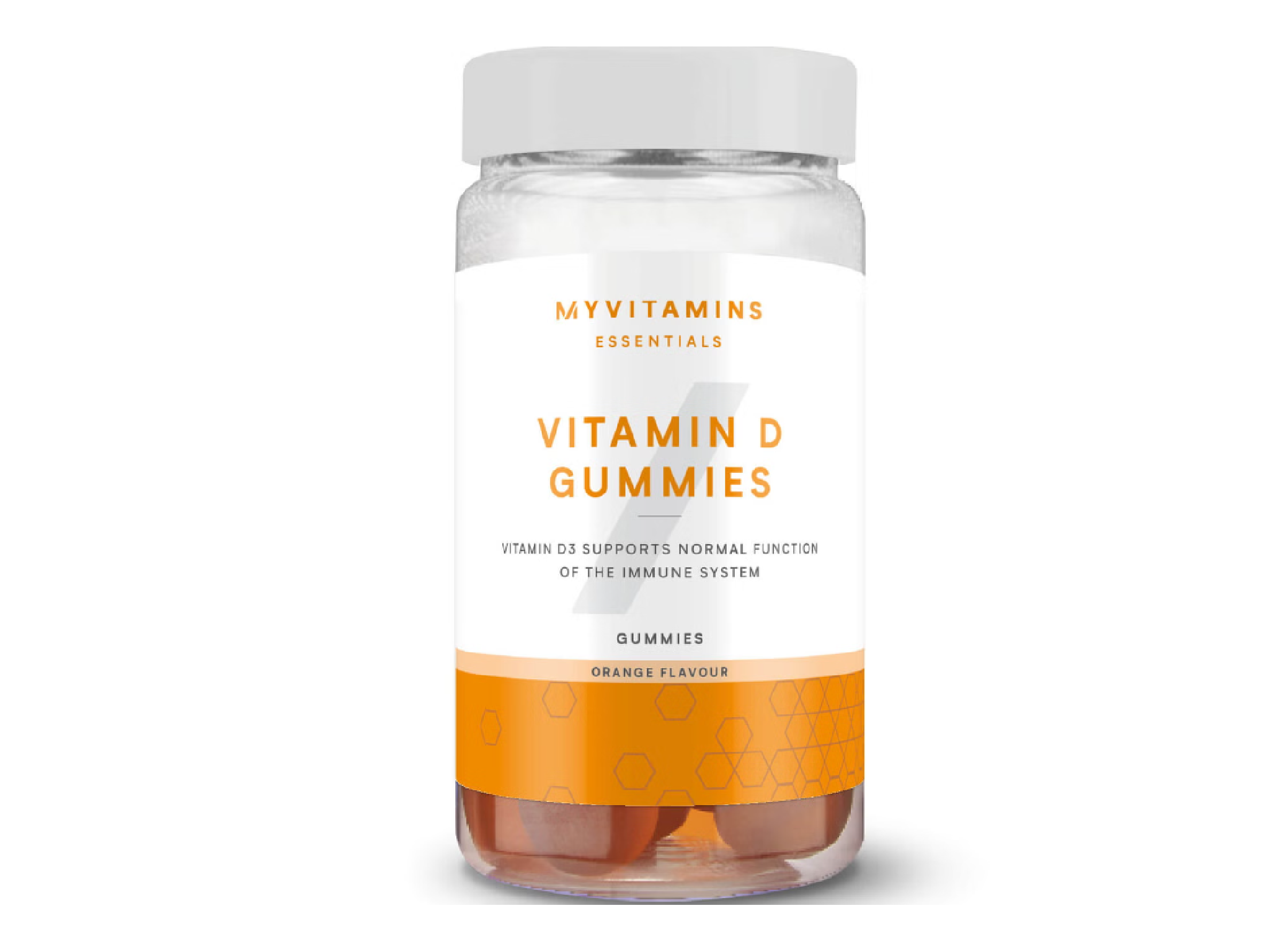
When sunlight is in short supply, such as during winter months, these gummies provide an easy way to ensure adequate vitamin D intake. Their chewable form is a great option for individuals who struggle with swallowing pills. Free from artificial sweeteners, these vitamin D gummies are a delicious, effective and convenient solution for maintaining optimal vitamin D levels and supporting long-term well-being.
Zinc and immune health
Zinc deficiency is associated with increased susceptibility to infections. A study by Prasad et al. (2008) found that zinc-deficient individuals are more prone to infections, including pneumonia, diarrhea and viral infections, due to weakened immune responses.
Supplementing with zinc has even been shown to reduce the duration and severity of common colds in controlled trials. For example, a study from 2011 found that zinc lozenges reduced the duration of cold symptoms by approximately 33 per cent.
Zinc is found in a variety of foods, including red meat, pulses, nuts and seeds and dairy products. However, a lot of people don’t get optimum levels of zinc from their diets. Some studies have shown that pregnant women and elderly men struggle the most with zinc deficiency, so it can be worth topping up your levels, especially during the colder months.
The Zinc supplement to buy
Myvitamins zinc tablets, 90 tablets: £3.94, Myprotein.com
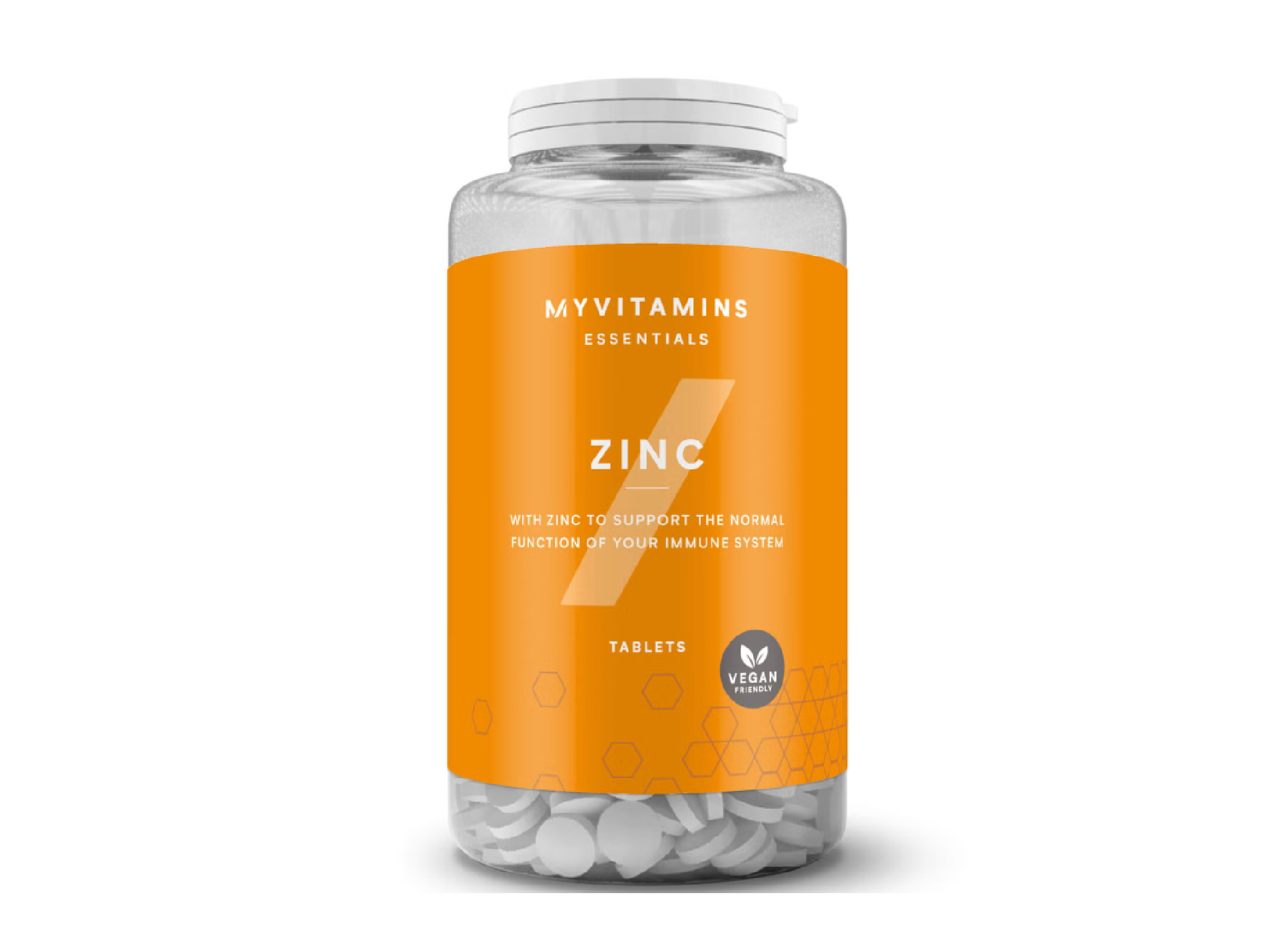
Myvitamins Zinc supplements may be affordable but there’s no compromise on quality. These tablets are highly bioavailable, ensuring efficient absorption and better results compared to other zinc supplements. They offer your exact daily serving of zinc, making it easy to meet daily needs without overdosing. These supplements are also vegan-friendly, gluten-free, and come in convenient, easy-to-swallow tablets. At less than £4 for a three month supply, these tablets offer excellent value for those seeking a reliable, high-quality zinc supplement to enhance immune function, protect against oxidative stress, and support overall wellbeing.
You might be wondering whether it’s worth taking each of these immunity heroes individually, or whether taking a multivitamin might be simpler. A multivitamin generally contains everything you need to for a robust immune system, but you do need to be aware of whether you need to be supplementing each ingredient in a multivit. In some cases, you might be consuming more than the recommended dose of each nutrient, so it can be worth checking with your healthcare provider.
For those seeking an all-rounder that delivers a dose of Vitamin C, D and Zinc, Myvitamins also offers a specialised Immunity capsule. Unlike a multivitamin, each capsule delivers a balanced serving of just three nutrients to help your body repair and thrive, topping up stores and protecting cells from free radicals and viruses.
Myprotein immunity capsules, 60 capsules: £5.12, Myprotein.com
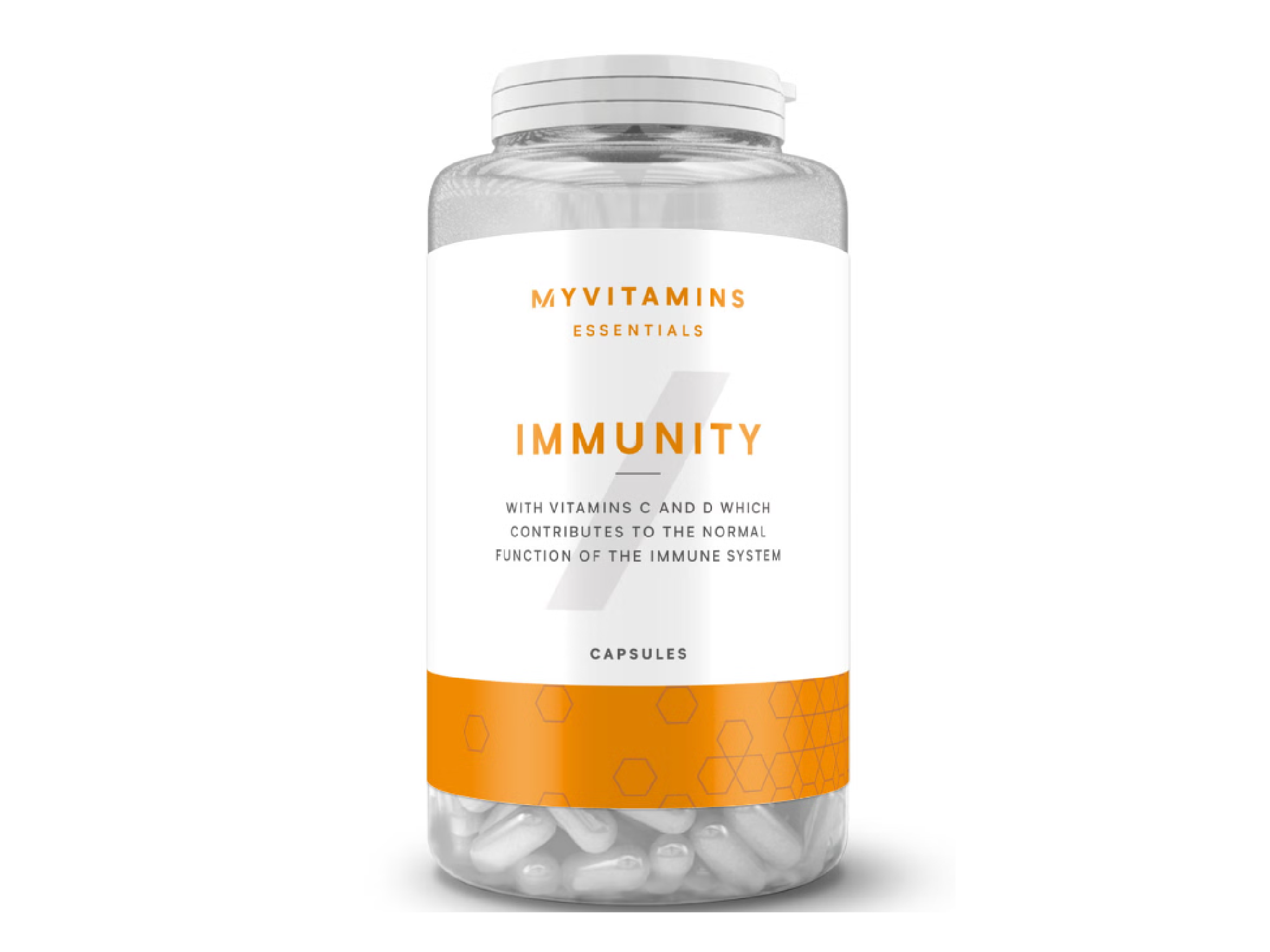
The immunity supplement is a convenient all-in-one tablet that delivers a blend of vitamins that are all linked to the smooth running of the immune system. It contains vitamin C, which helps protect cells and promotes immune defense, while zinc plays a key role in maintaining the body’s natural defense mechanisms. Vitamin D, another vital component, enhances the function of immune cells and reduces inflammation, helping prevent infections and supporting overall health. If you struggle with remembering to take lots of different supplements, this offers most of what you need to stay healthy in one tablet.
Read more: What is CBD oil and what are the benefits?




Join our commenting forum
Join thought-provoking conversations, follow other Independent readers and see their replies
Comments